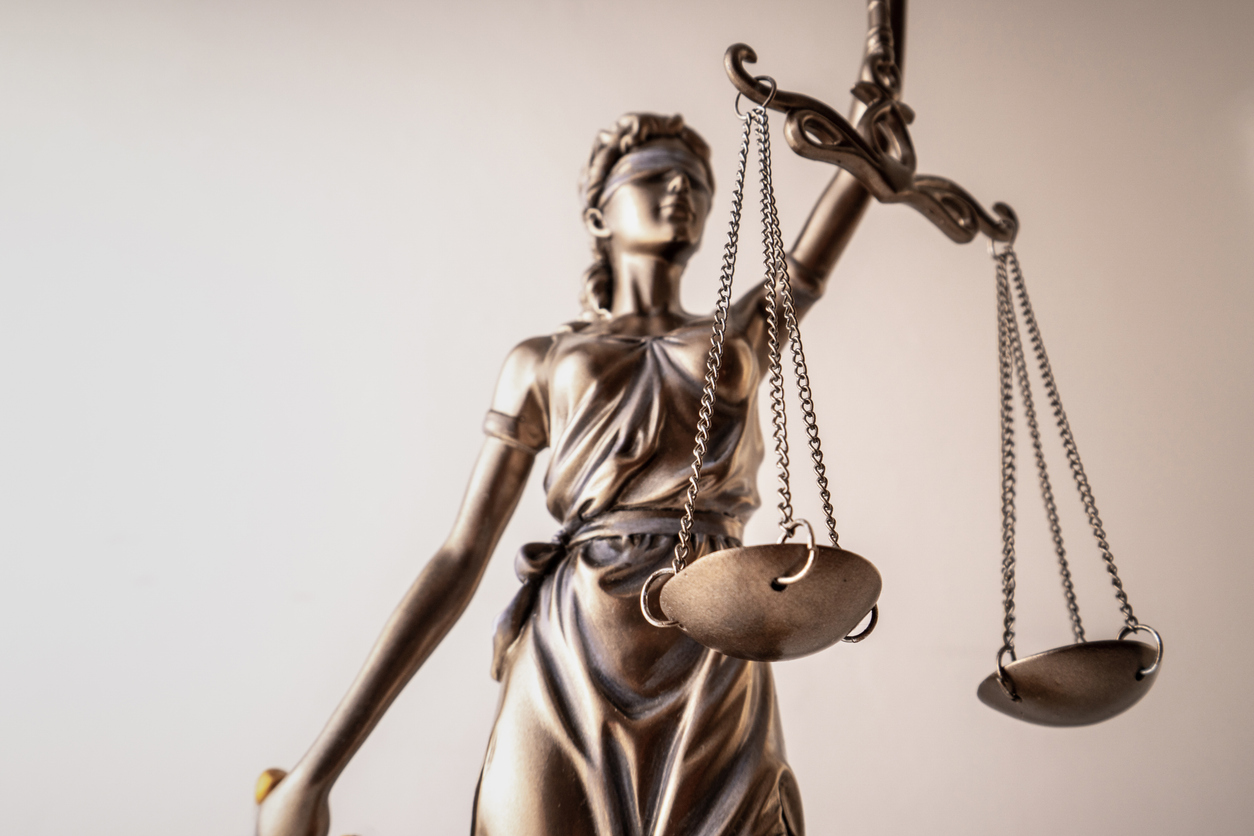Arizona has a strong interest in ensuring its residents are made whole for injuries sustained while in Arizona. Bryant v. Silverman, 146 Ariz. 41, 47, 703 P.2d 1190, 1196 (1985). Toward that end, it allows for injured plaintiffs to recover all damages caused by a tortfeasor, including economic and emotional damages. Rawlings v. Apodaca, 151 Ariz. 149, 161, 726 P.2d 565, 577 (1986).
Emotional distress damages are “essentially subjective” and may be proven by reference to an injured party’s conduct and observations by others. See Carey v. Piphus, 435 U.S. 247, 264 n. 20 (1978); also Johnson v. Hale, 13 F.3d 1351, 1352 (9th Cir. 1994) (emotional damages may be awarded based on testimony alone or appropriate inference from circumstances); Merriweather v. Family Dollar Stores, 103 F.3d 576, 580 (7th Cir. 1996) (plaintiff’s testimony can be enough to support emotional damages); Larson v. Nanos, 2016 WL 4592184 at *7 (D. Ariz. 2016) (“Expert testimony is not necessary for a jury to award emotional damages . . . .); Avila v. Century Nat. Ins. Co., 2012 WL 1095225 at *2 (9th Cir. 2012) (finding there was a genuine issue of material fact regarding emotional damages because lay witness testimony was sufficient for a jury to reach the conclusion that tort victim was harmed by insurer’s conduct.); Ortega-Guerin v. City of Phoenix, 2006 WL 2403511 at *3 (D. Ariz., 2006) (“Emotional damages awards need not be supported by ‘objective’ evidence.”) (citing Passantino v. Johnson & Johnson Consumer Products, Inc., 212 F.3d 493, 513 (9th Cir. 2000).
Emotional damages are compensatory damages which are recoverable, and no expert testimony is required for a jury to award these damages. See e.g., Rawlings, 151 Ariz. at 161, 726 P.2d at 577; also Larson, 2016 WL 4592184 at *7.
Where a Plaintiff can testify he/she sustained emotional and mental distress, it is enough evidence for a jury to consider awarding damages for these type of injuries. However, as a practical matter, it is best to secure testimony also from independent witnesses such as family, friends, school teachers, and coaches to support claims for emotional and mental distress.




